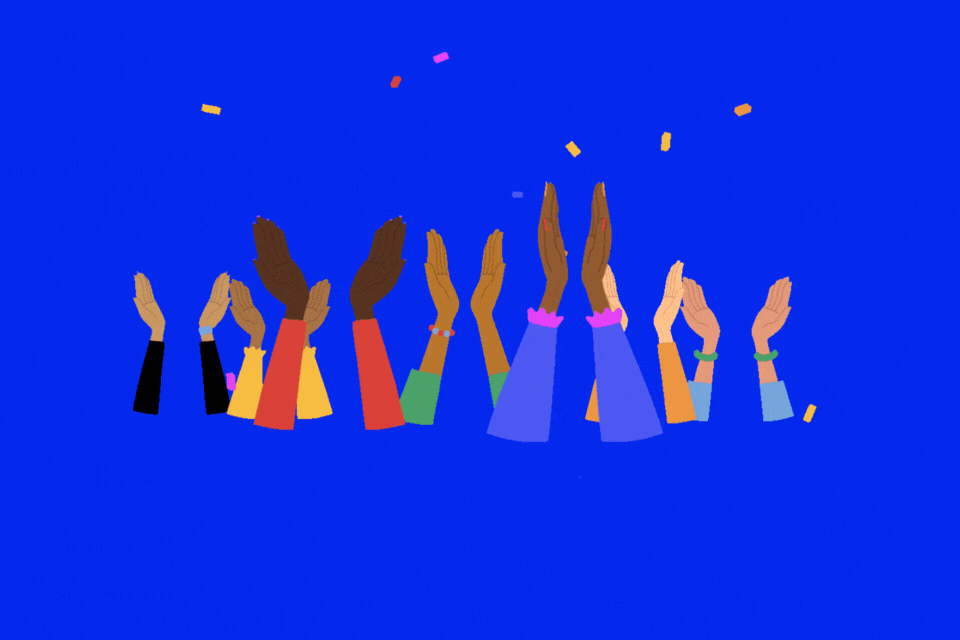There are many challenges midwives are currently facing in the workplace. Supporting women from diverse communities may be one. In this article Faiza Rehman, midwife and managing director of the Raham project, offers advice to midwives and health care professionals providing support.
_______________________________________________________________________________________________________________________
Supporting families from diverse communities
My generation of midwives are working within a profession that they find extremely challenging. I often speak to midwives who are exhausted and want to walk away from a job they once worked hard to study and secure; questioning the hopes, ideas, and expectations they once felt they could achieve. The resignation of midwives places further pressure on those who remain, which in turn affects their well-being and ability to create space for reflection and learning. We then wonder why it is so difficult to deliver gold-standard maternity care to every person we meet. My experience as a South Asian Midwife has exposed me to the stark reality that the current climate is particularly damaging to those mothers who already suffer the most from health inequities. I would like to share some personal insight into how to support people from diverse communities as a midwife and the Founder of Raham Project.
The following is not written in any particular order, but I would like to start with:
- Maintaining a work life balance. Maintaining a good work life balance helps reduce stress and can prevent burnout in the workplace. Chronic stress can cause us physical and mental health problems, affecting our behaviour, performance and relationships with colleagues and mothers. It is the biggest factor that enables a midwife to offer individualised care.
- Make time to educate yourself and be culturally aware. This helps us re-evaluate prejudice and attitudes that we may subconsciously associate with ethnic communities, a process that breaks down barriers and builds cultural awareness. Cultural awareness results in more connection and less cultural conflict. Through open dialogue, you recognise there is more in common than what divides us. This awareness has encouraged me to feel comfortable in challenging the inequities that ethnic groups face whilst still practising midwifery. Even within my status as a healthcare professional I can influence the power dynamic within diverse communities, so I choose to meet families with a common connection rather than my professional status.
- Listen and be present with each person you care for. If a mother is expressing their thoughts or concerns, take your time to listen. Everyone expresses their emotions differently, so it is key to listen to them rather than make a judgement about the way in which they are trying to express themselves. As an intrapartum care midwife, I have found taking my time in any initial assessments has always created safety within the midwife-mother There have been times I have been expected to take on more than I am able to manage. This can induce anxiety as a midwife so I try to be mindful and not project my own anxieties and pressures of work on mothers, who may be feeling vulnerable. I find communicating my capacity with my team leader is crucial in making sure I have time to focus on each mother that I am caring for. It is useful to familiarise yourself and follow your local area’s escalation policies in situations where you feel your workload is unmanageable and causing you to compromise your care.
- Trying to remove any communication barriers and use interpreters where necessary. I have experienced times when mothers from diverse communities would rather not use a male interpreter if their husband is present. We should be able to understand this need, instead of insisting we need to use an interpreter, and that it has to be the person we provide. Translation services are encouraged but remember that a mother’s body language and tone is an effective cue to see how she feels about receiving this support. If you are providing treatment or information, be sure to check-in with mothers to see if they understand the information and would like to recap or ask any questions.
- A mother’s choice. Communication sits hand in hand with a mother’s right to choose to accept or reject treatment or care. This is a key step in ensuring the mother is making an informed decision. They must understand what you are trying to tell them if they are to make an informed choice. Equally, as midwives we are statutorily and morally obliged to be certain a mother understands.
As midwives, recognise you cannot fix the whole system alone, this is truly about a whole chain of people, providers, and the government. We need to speak to our fellow maternity colleagues for support as there is no doubt that others are feeling the same pressures of working in the current climate.
By Faiza Rehman
October 2022
Midwife, Mother and Founder of Raham Project. Raham project is a grassroots organisation for mothers and their partners of ethnic backgrounds. This group is dedicated to all things related to pregnancy, childbirth and the post birth period-with an emphasis on maintaining and improving maternal mental well-being. We began in July 2020 and in August 2021 we formally registered as a Community Interest Company.




2 comments
What contact details can we give to women/families so they can contact the Project please?
Hi Jane, the email address for the project is: [email protected]
Comments are closed.